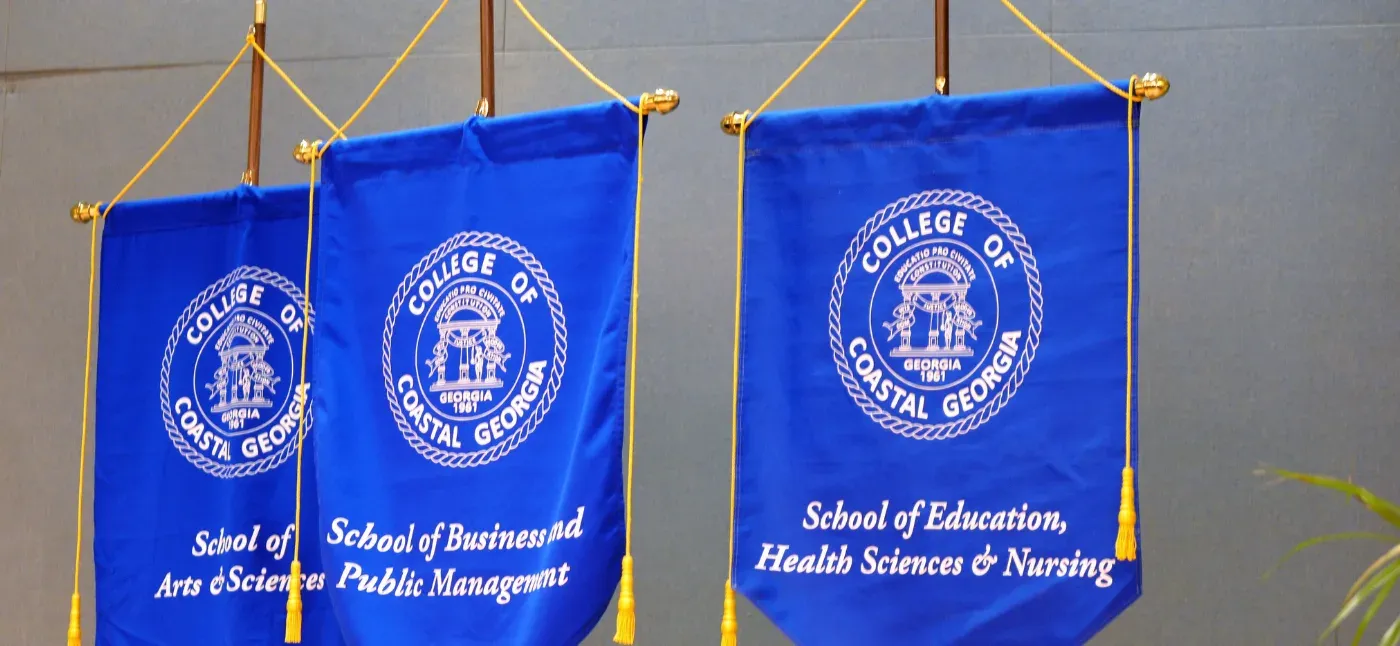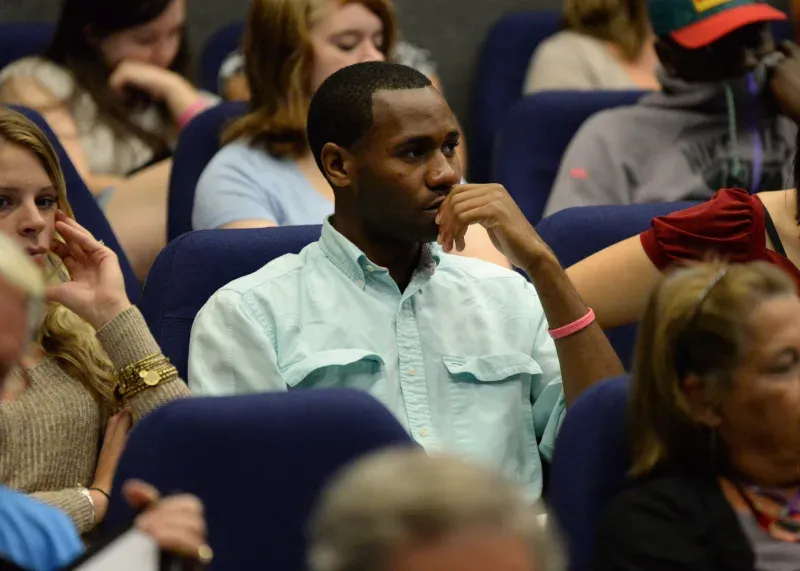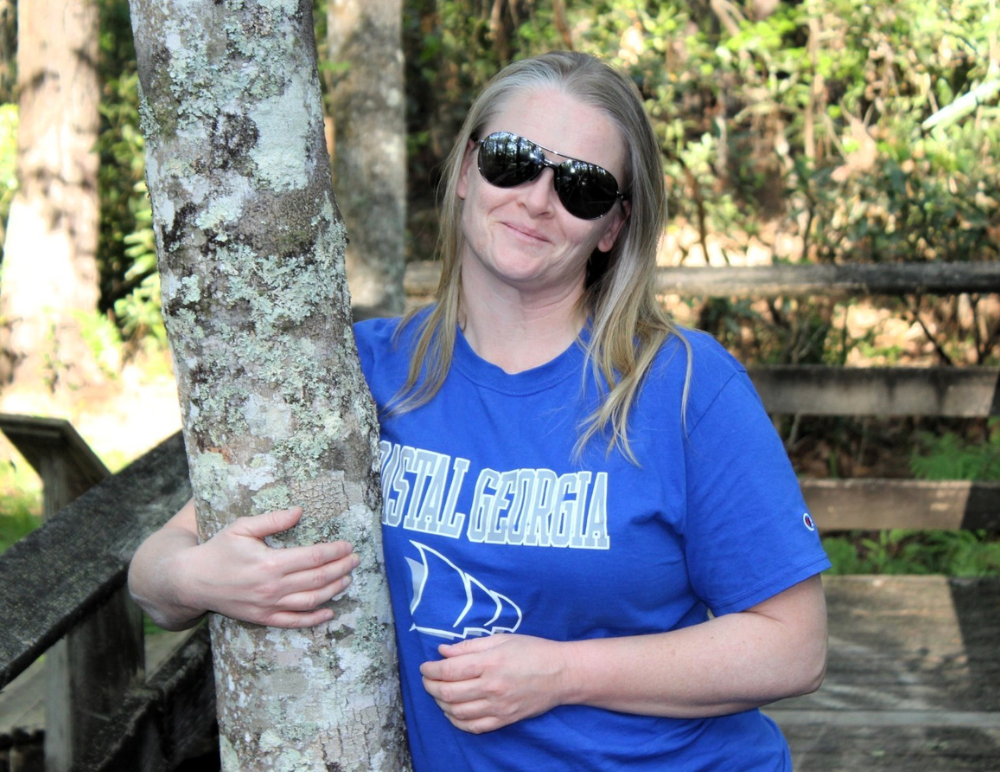Students enrolled in honors will have opportunities to:
- Pursue excellence in their own disciplines while establishing cross-disciplinary connections to other bodies of knowledge and expertise.
- Work with professors to plan and enact programs of undergraduate research.
- Take leadership roles in student and academic organizations.
- Engage in service initiatives and internships with community partners.



